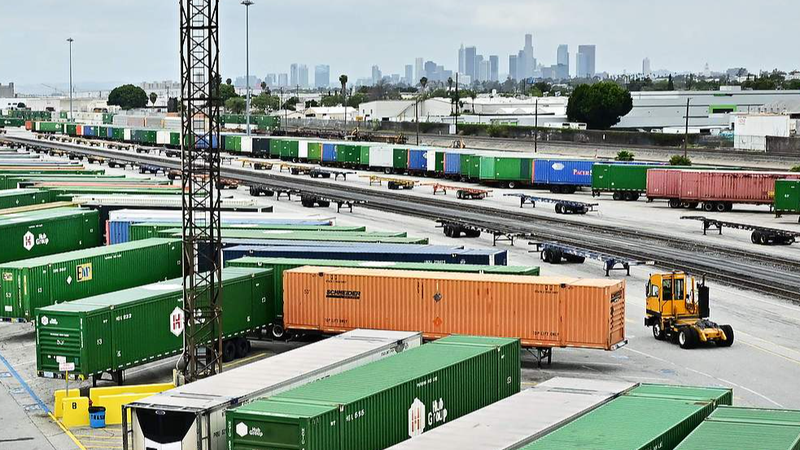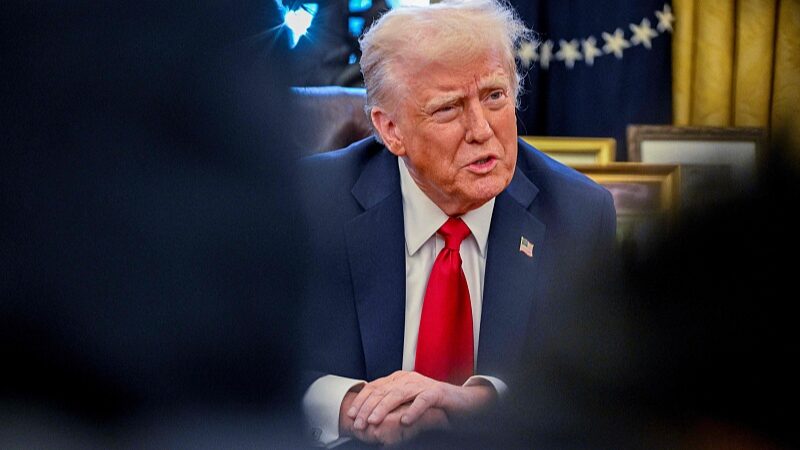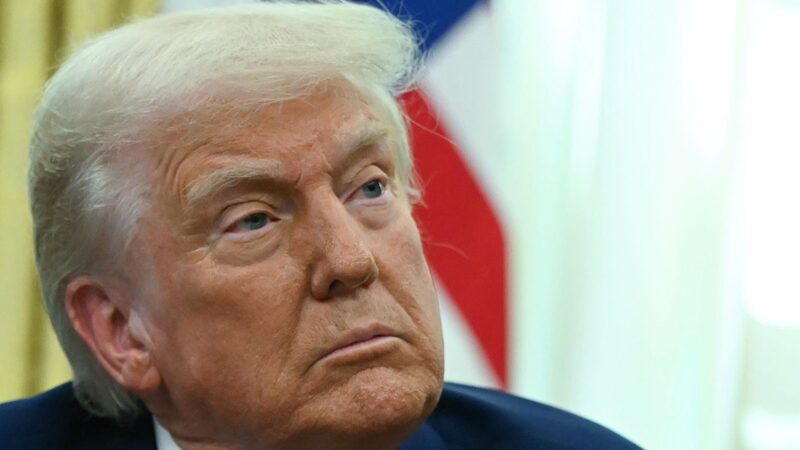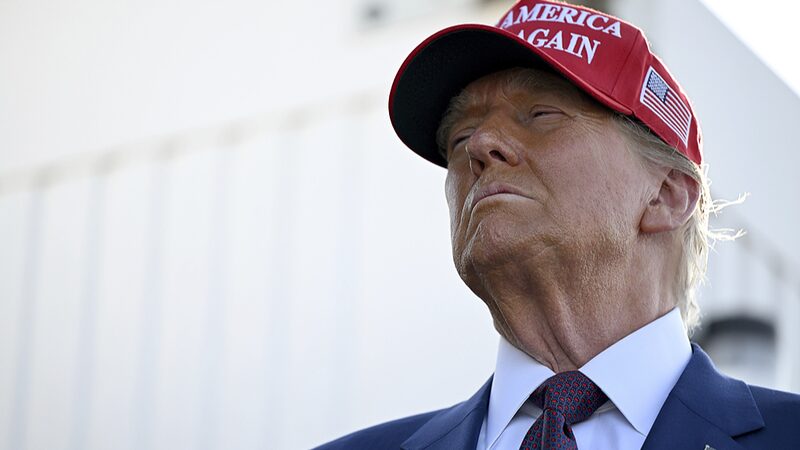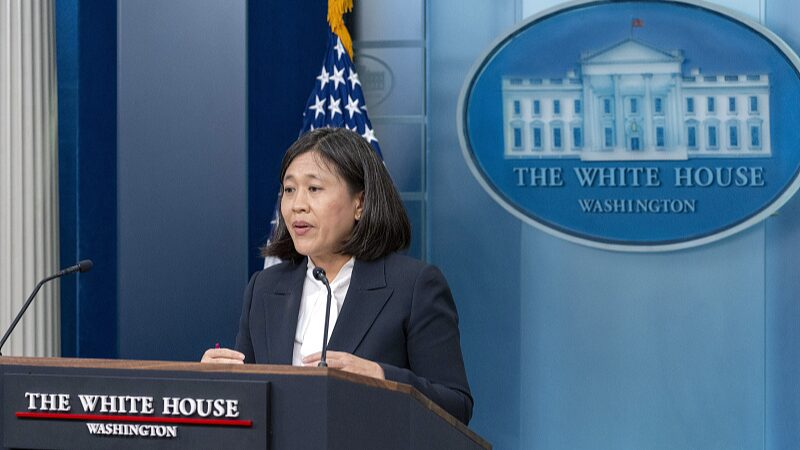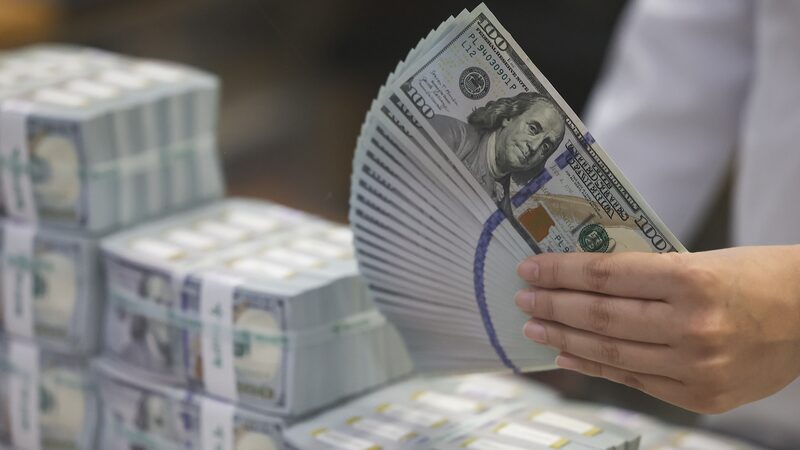The Trump administration's tariff-heavy trade policies, initially framed as protective measures for US interests, are now drawing sharp scrutiny as their economic repercussions become increasingly visible. New data highlights how these measures have driven up domestic prices and fueled inflation expectations, creating a paradox where policies meant to shield the US economy may be undermining it.
Daily Essentials Become Luxury Items
A dozen eggs now costs $6.23 on average in the US, according to the Bureau of Labor Statistics—a 27% increase since 2022. Newsweek attributes this surge partly to import tariffs disrupting supply chains, with consumers ultimately absorbing the costs. Similarly, pharmaceutical tariffs could raise annual US drug expenses by $51 billion, potentially spiking prices by 12.9%, per a Pharmaceutical Research and Manufacturers of America-backed report.
Inflation Fears Grip Consumers
The New York Fed's April Survey of Consumer Expectations revealed median one-year inflation projections rose to 3.6%, the sharpest monthly jump in two years. This aligns with the University of Michigan's Consumer Sentiment Index plummeting to 50.8 in April—the second-lowest reading in recorded history. 'When essential goods become unaffordable, confidence in economic management erodes,' notes Xiao Wen, an economics professor at Zhejiang University.
A Global Ripple Effect
While the US grapples with these domestic impacts, analysts warn of broader consequences for global trade stability. Businesses worldwide face uncertainty navigating disrupted markets, potentially affecting investment flows and supply chain strategies across Asia and beyond.
Reference(s):
Tariffs or taxes? The true economic burden of US trade policy
cgtn.com
